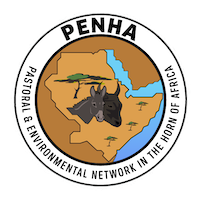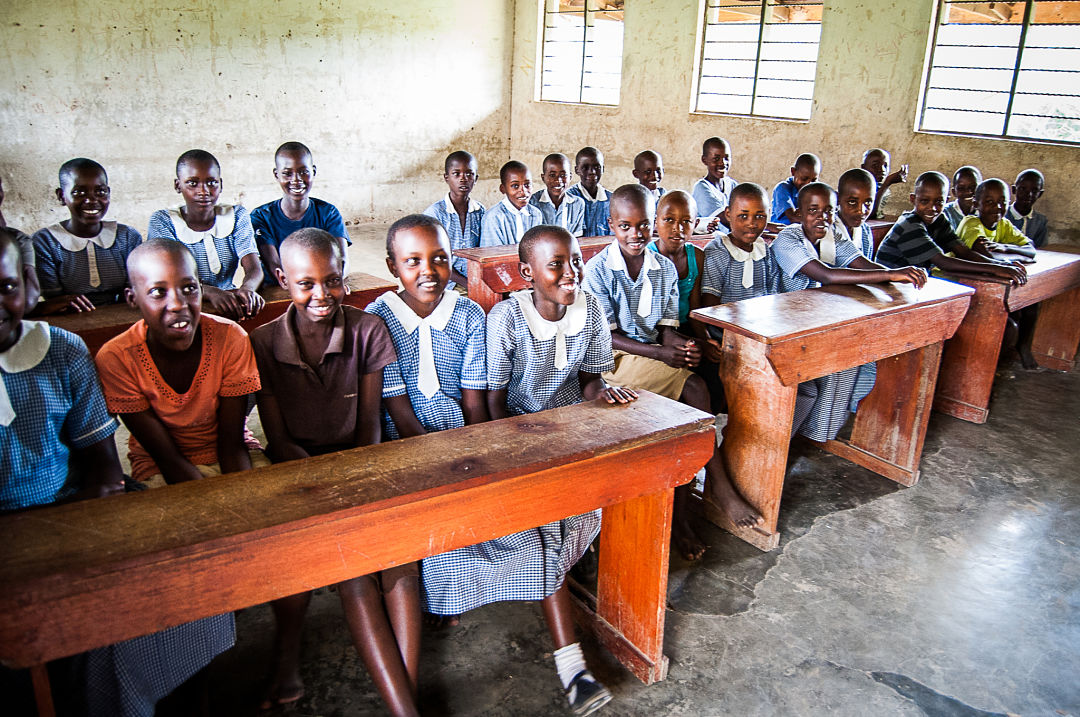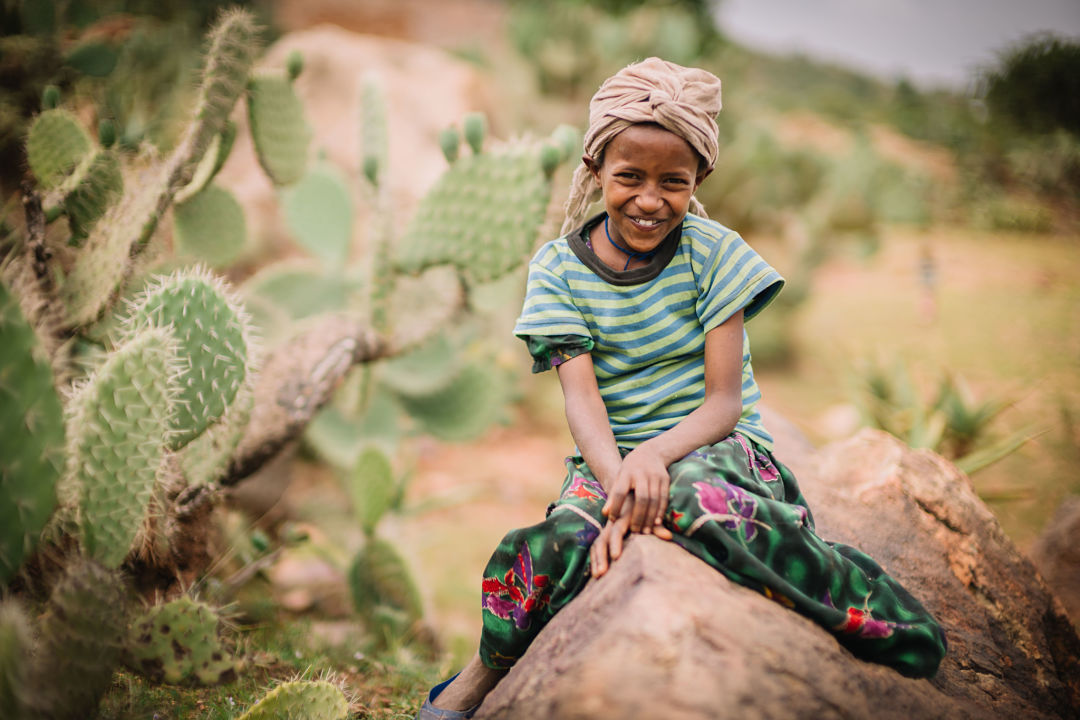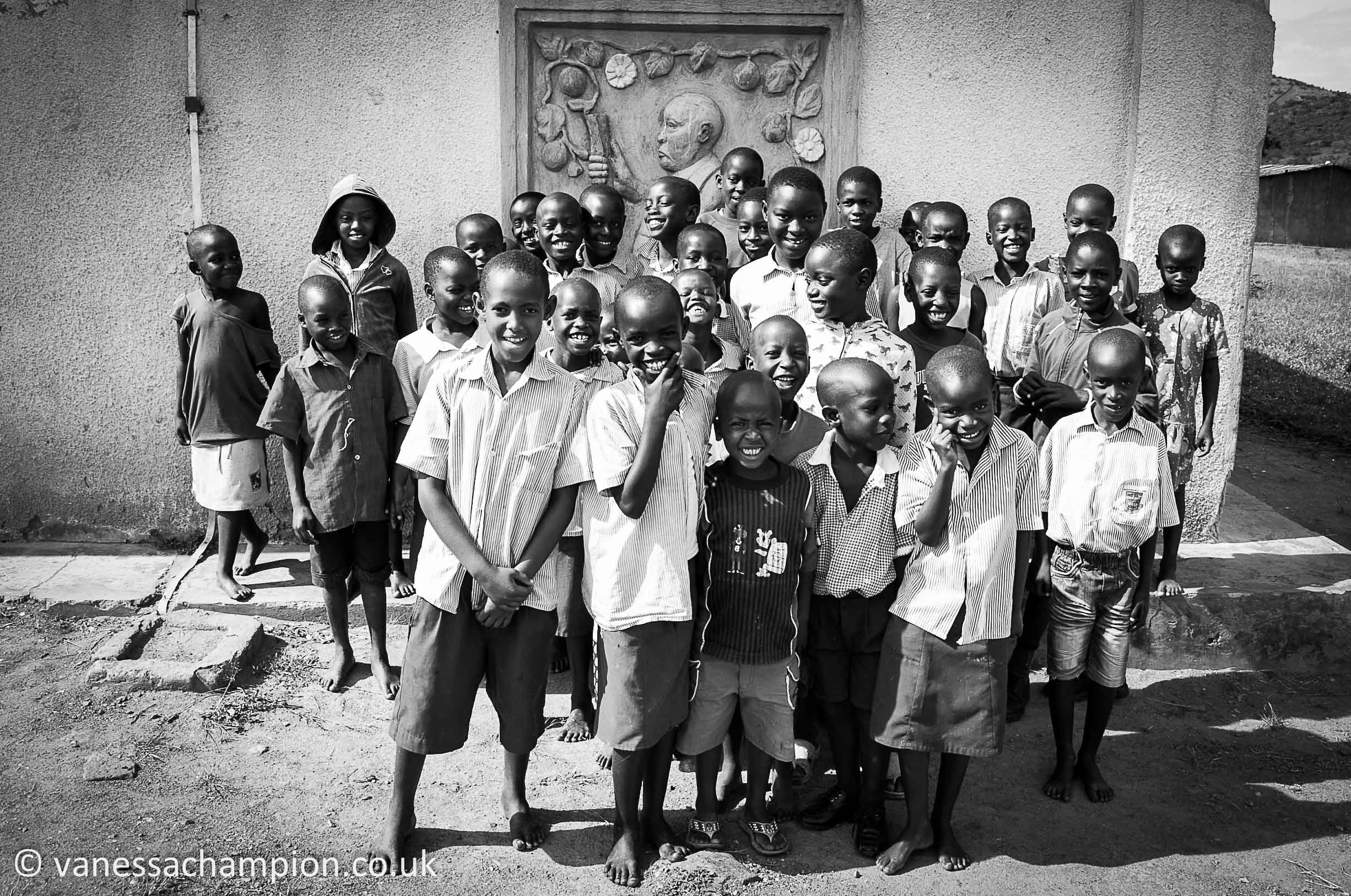Migration, youth and development
PENHA currently has an education project in Kassala in Eastern Sudan which is developing a relevant curriculum. It seeks to be practical and sustainable with a view to improving what is taught in other schools in the Horn.
What we do
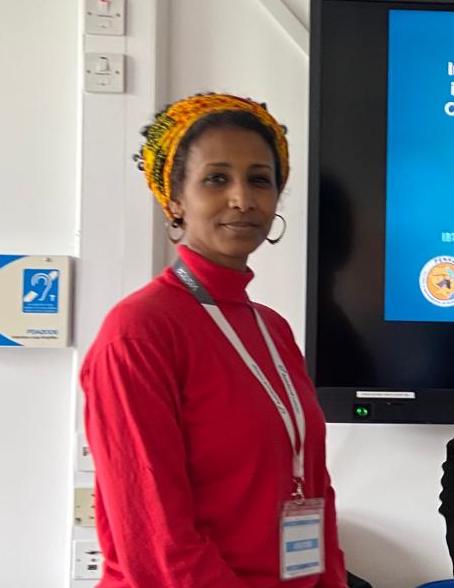
PENHA has an ongoing working relationship with organisations based in Kent County, including local colleges and reception centres, to address the challenges faced by young asylum seekers and refugees from East Africa who are living in Kent. Vulnerable young adults are arriving in the UK from the Horn of Africa after long, arduous journeys, and many are traumatised by their experience. They come to seek asylum in the UK but encounter many cultural differences and expectations.
With the support of the Community Fund of the National Lottery is able to deliver four projects in Kent in support of the newly arriving asylum seekers and refugees. Click the link to have an overview of the activities delivered in Kent.
https://www.tnlcommunityfund.org.uk/funding/grants/recipients/GB-CHC-1038957

Supporting asylum seekers and refugees integration in Kent

Increasing sexual awareness among refugees in Kent
A lack of appropriate sexual education means many young men are falling foul of laws around consent. This is leading to their involvement with the criminal justice system. There is a need to promote healthy sexual relationships and prevent sexual abuse, which is affecting many of these young people and shattering their future. Culturally sensitive support is required, particularly on sexual consent and the law. At the heart of this is consent between partners that challenges gender inequality.
PENHA with a grant from the National Lottery Awards for All Community Fund was able to undertake a series of workshops around sexual consent.
Click the link to have an overview of the project activities delivered in Kent.
https://www.penhanetwork.org/news/increasing-sexual-awareness-among-refugees-in-kent-2/

Supporting basic education among pastoralists in Uganda
Two small projects to support the education of pastoralists’ children were delivered in Uganda. The first was funded by the Brentwood United Reformed Church (BURC) in the UK for the purchase of benches and blackboards and the construction of a latrine at Kijumba Bright Future Nursery and Primary School, Kijumba Parish, Nakaseke District and the second project was supported by the Rotary Club of Berkhamsted Bulbourne (RCBB) for the purchase of benches and chairs at Rwamuranda Primary School, in Rwamuranda Parish, Kanyaryeru Sub County, Kiruhura district of the south-western part of Uganda’s cattle corridor.
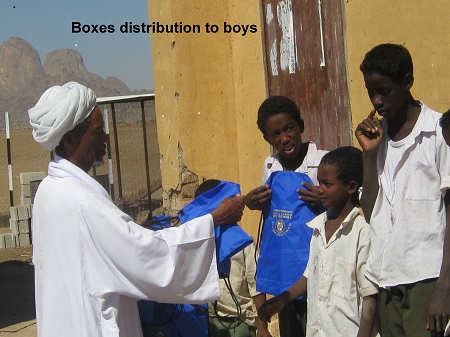
Boxes and equipment given to children
A total of 525 exercise books, 855 pencils, 355 writing boards, 170 rulers, 160 pencil rubbers and 185 pencil sharpeners along with 170 bags for protecting the children’s books and writing equipment were given to schoolchildren. Some equipment for games (balls, skipping ropes and a few footballs and whistles) was also provided.
Even the boxes which were used to send the material to Sudan are being used again for sending some material for making fodder to pastoralists across the border in Eritrea. Nothing is wasted and the boxes will be used again and again.
The generosity of the South Holland Rotary Club (based in Spalding, Lincs) allowed PENHA to distribute school equipment to seven schools. These were in settlements which were between 15 and 170 km from the regional centre of Kassala, itself only about 20 km from the Eritrean border. The population in this part of Sudan is mainly pastoralist though there are also many refugees from Eritrea.

Providing education for pastoralist communities
Many children from pastoralist communities are not able to go to school because they do not have the money for school uniforms, they do not have the books for reading or the paper for writing and do not have any shelter where they can stay near the school during the week. So they have to walk many miles to and from school every day. Less than half of the children of pastoralists even get to a primary school in the Horn of Africa.
This means that they – and their parents – are mostly not able to read or write and so are often unable to contribute to the future of their country. PENHA is committed to helping pastoralists to represent themselves – and this means providing education.
